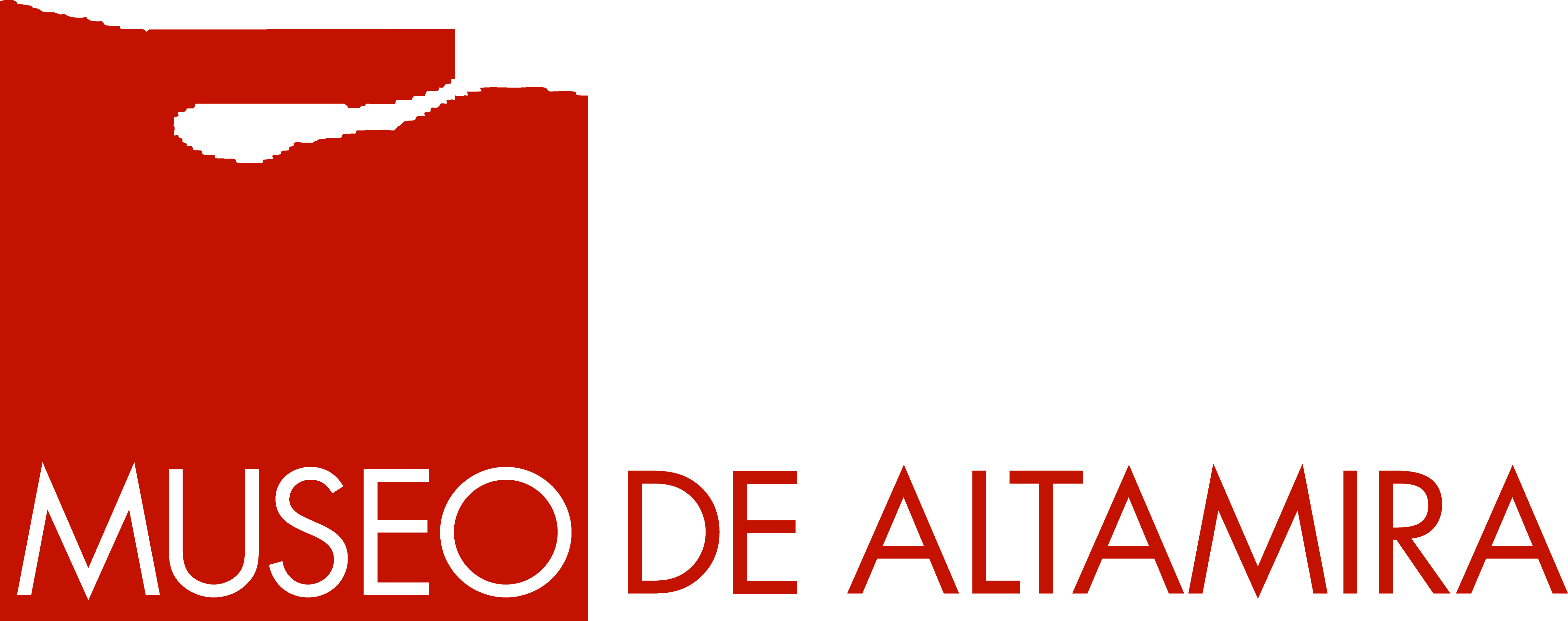Sede donde se gestiona
Santander
Lugar de impartición
Santander - Península de la Magdalena (Biblioteca)
Dirección
Rory Barnes Astrobiology Program
University of Washington, USAJosé Miguel Mas HesseCentro de Astrobiología (CSIC-INTA), SpainSecretaría
Carlos Briones LlorenteCentro de Astrobiología CSIC-INTA, SpainPATROCINIO

Centro de Astrobiología
Agencia Espacial Europea (ESA)
COLABORACIÓN

Descripción de la actividad
Students from ESA Member States are encouraged to apply and could qualify for partial financial support by ESA.
Biomarkers: Signs of Life Through Space and Time
One of the primary objectives of Astrobiology is the search for life on planets or satellites in which the physico-chemical conditions permit the appearance and maintenance of active biology over geologic timescales. The detection of signs of life hinges on a firm understanding of a world's environment, so that one can determine which measurements and observations can reveal the presence of extinct or extant life.
The theme of the XVI School of Astrobiology will be the biomarkers (morphologic, chemical, isotopical, etc.) that permit the discovery of biological processes, as well as current and future technologies to detect them. The lectures will focus on early Earth, Mars, icy satellites and exoplanets. In addition to the lectures, during the week the students will participate in discussions about the theme, prepare and present group projects, and take part in an excursion to a local, relevant geological site near Santander. The School is aimed primarily at graduate students in science and engineering, but is open to all attendees with an interest in the interdisciplinary framework of Astrobiology.
Biomarcadores: Señales de vida a través del espacio y el tiempo
Uno de los principales objetivos de la Astrobiología es la búsqueda de vida en planetas o satélites cuyas características físico-químicas permitan la aparición y el mantenimiento de una biología activa durante escalas de tiempo geológicas. La detección de señales de vida requiere el conocimiento detallado del ambiente del cuerpo planetario, de forma que sea posible determinar qué medidas y observaciones pueden revelar la presencia de vida extinta o actual.
El tema de la XVI Escuela de Astrobiología serán los biomarcadores (morfológicos, químicos, isotópicos, etc.) que permiten el descubrimiento de procesos biológicos, así como las tecnologías presentes o futuras para detectarlos. Las clases se enfocarán en la Tierra primitiva, Marte, satélites de hielo y exoplanetas. Además, durante la semana los estudiantes participarán en discusiones sobre el tema, prepararán y presentarán trabajos en grupo, y tomarán parte en una excursión a un enclave geológico relevante y cercano a Santander. La Escuela se enfoca principalmente a estudiantes graduados en diferentes ramas de la ciencia y la ingeniería, pero está abierta a todos los participantes interesados en el marco interdisciplinar que proporciona la Astrobiología.